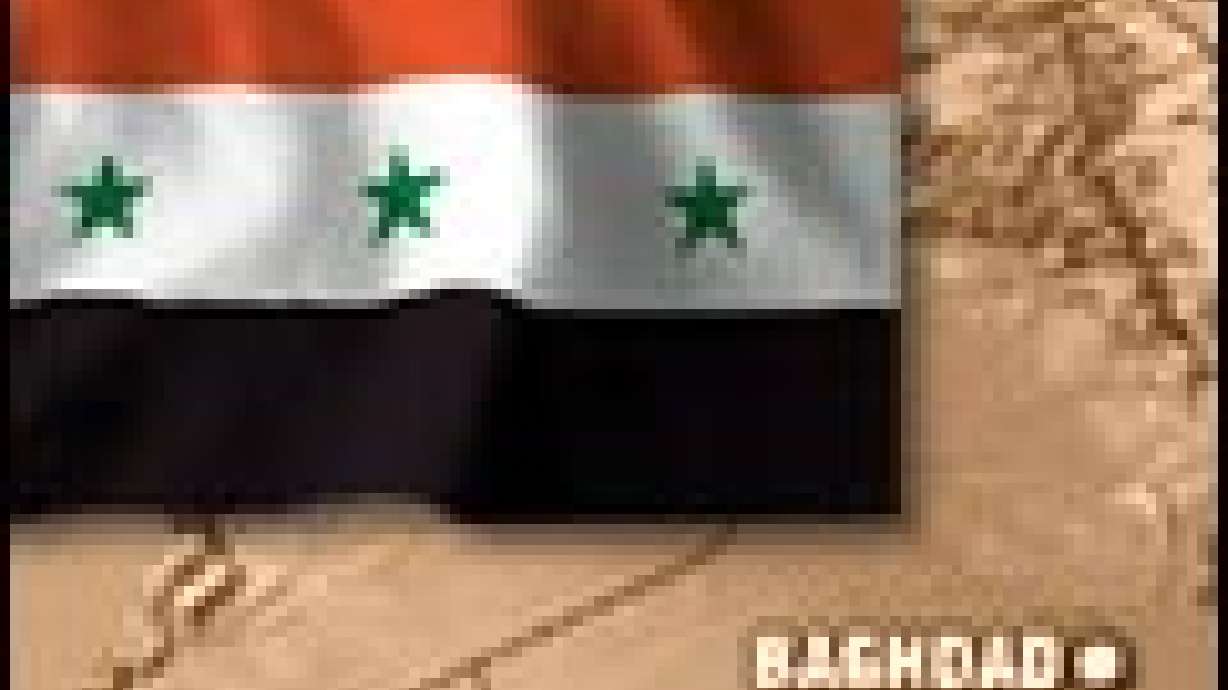Estimated read time: 3-4 minutes
This archived news story is available only for your personal, non-commercial use. Information in the story may be outdated or superseded by additional information. Reading or replaying the story in its archived form does not constitute a republication of the story.
MOSCOW (AP) -- Ending weeks of silence, Russian President Vladimir Putin condemned military action against Iraq, saying Monday that war would be a mistake that could imperil world security.
His comments came as Deputy Foreign Minister Yuri Fedotov, Russia's diplomatic point man on Iraq, said the U.N. Security Council would not approve a U.S.-backed resolution opening the way to military conflict.
Putin's earlier silence appeared to be an attempt to avoid opposing Washington even as the Russian Foreign Ministry battered home the message that Russia would join France in opposing any U.N. resolution that automatically authorized force.
"We are for solving the problem exclusively by peaceful means," Putin was quoted as saying by the Interfax news agency. He said Russia's position was clear, comprehensible and unwavering.
"Any other development would be a mistake -- fraught with the toughest consequences, leading to victims and destabilization of the international situation as a whole," Putin told Chechen spiritual leaders, according to Interfax.
U.S. officials have said Russia's relations with the United States could be damaged by Russian opposition to a U.N. resolution.
But Fedotov said "no additional resolutions are necessary."
"As before, this draft has no chances for passage by the Security Council," he was quoted as saying by Interfax.
Fedotov indicated that Russia supports France's call for a ministerial meeting at the U.N. Security Council to discuss the latest report by chief U.N. weapons inspector Hans Blix, the ITAR-Tass news agency reported.
After an emergency summit Sunday in the Azores with allies Britain, Spain and Portugal, President Bush made it clear that diplomatic efforts would end by Monday night.
The U.S. ambassador to Moscow, Alexander Vershbow, told Russian lawmakers that the United States would inform Russia when it felt all diplomatic avenues had been exhausted, a U.S. Embassy official said. A senior military diplomat in Moscow, speaking on condition of anonymity, said the U.S. Central Command had invited Moscow to send a liaison officer to deal with "consequence management" -- postwar issues such as humanitarian aid -- but that Russia had declined.
Russian diplomats contend that even to discuss postwar issues is to acknowledge the inevitability of war.
As Bush prepared for war, Putin attempted to portray himself as a man of peace. In a TV address, he urged voters in Chechnya, where Russia is battling separatists, to approve a new constitution he said would help end bloodshed there.
Worked at the Russian Embassy in Baghdad continued as usual. But the Foreign Ministry called on Russians to leave Iraq and not to travel there.
However, a group of Russian Islamic and Orthodox Christian clergymen left Monday for Iraq, Interfax reported. It quoted Iraq's ambassador to Moscow, Abbas Khalaf, as saying the delegation would meet with Iraqi officials and participate in prayers for peace.
The chief of the Russian Orthodox Church, Patriarch Alexy II, called on the world's governments to do everything possible to avoid a war launched "without taking into account the opinion of the world community," Interfax reported.
(Copyright 2003 by The Associated Press. All Rights Reserved.)








